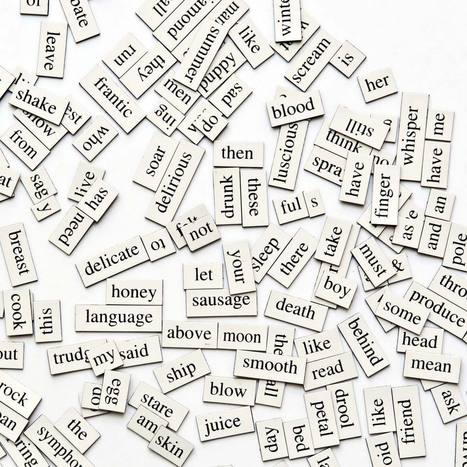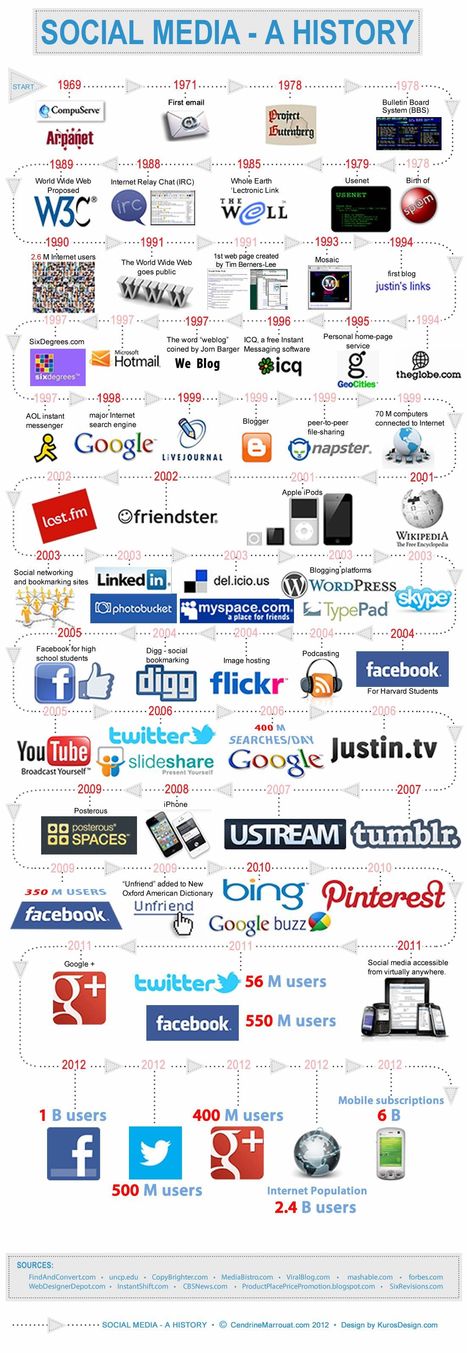Reading and Writing Strategies for articles from Scholarly Journals (Peer Reviewed) presentation created by: Karen Hornberger Library Media Specialist Palisa...
Get Started for FREE
Sign up with Facebook Sign up with X
I don't have a Facebook or a X account

 Your new post is loading... Your new post is loading...
 Your new post is loading... Your new post is loading...
The official Collins English Dictionary online. Comprehensive and authoritative, rely on Collins for up-to-date English with insights into language trends and usage. Via Nik Peachey
Whether Conducting Academic Research or Purely Scientific Research, These Sites can be an Invaluable Aid. Researching is the most crucial step of writing a scientific paper. It is always a well-researched scientific paper that inspires the assessor. At the same time, it must have genuine and authentic information for credibility. With the development in Internet industry, i.e., web resources, researching for scientific materials has now become a matter of a few clicks. Now students can get information on any topic pertaining to science through academic search engines. They provide a centralized platform and allow the students to acquire literature on any topic within seconds. Via Kim Flintoff, SHIFT eLearning, Dennis Swender 
Kim Flintoff's curator insight,
December 7, 2013 8:03 AM
When working with students to develp information fluency it is very useful to get them to explore alternatives to the two major search engines taht most people rely on. This broadening of search strategy also helps limit the effect of "filter bubbles"
If you're not sure what a filter bubble might be then you will be shocked when you read and watch this: http://www.brainpickings.org/index.php/2011/05/12/the-filter-bubble/
Learn how to use Google+ to conduct socially enabled qualitative research in today's social media world. Via Joemktg 
Joemktg's curator insight,
April 8, 2013 7:31 AM
|
Here’s the thing: the history of social media actually goes back a lot further, and its roots can be found in blogging, Google, AOL, ICQ, the beginnings of the world wide web and, perhaps surprisingly, CompuServe. Via Newsdeck, François-Xavier Schaeffer
James Douglass's curator insight,
August 8, 2015 4:54 PM
Can anyone predict the next 33 years of Social Media? We don’t know it but the History of Social Media belongs to our digital culture. Let’s meet the pioneers of digital life. 
Ellen Dougherty's curator insight,
August 8, 2015 8:49 PM
Can anyone predict the next 33 years of Social Media? We don’t know it but the History of Social Media belongs to our digital culture. Let’s meet the pioneers of digital life. 
Margaret LibStudies's curator insight,
October 22, 2015 12:33 AM
I remember geocities and ICQ, and my first blog was a Livejournal. Interesting to see how long some things have really been around for.

Seth Dixon's curator insight,
March 19, 2014 10:31 AM
The question, "what time is it?" does not have one right answer. The correct answer is dependent on your location on the Earth and the cultural and political conventions of the society in which live.
Edward Appleton. One of the papers that stuck in my mind at the recent ESOMAR Qualitative Conference in Valencia, Spain, was on the topic of “online” versus “offline” identity. Entitled “Freedom to Reveal or Freedom to ... |


















Strategies for showing simple steps for researching.